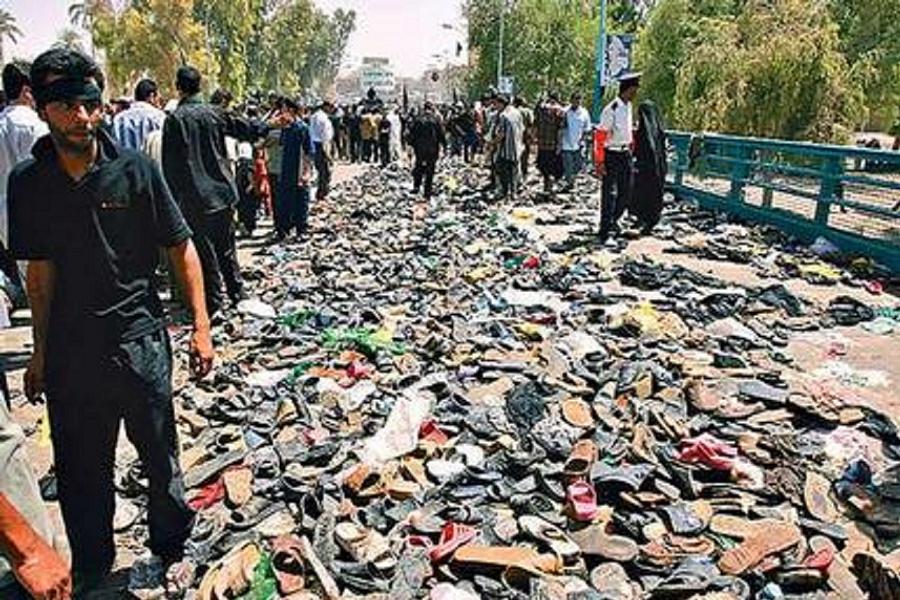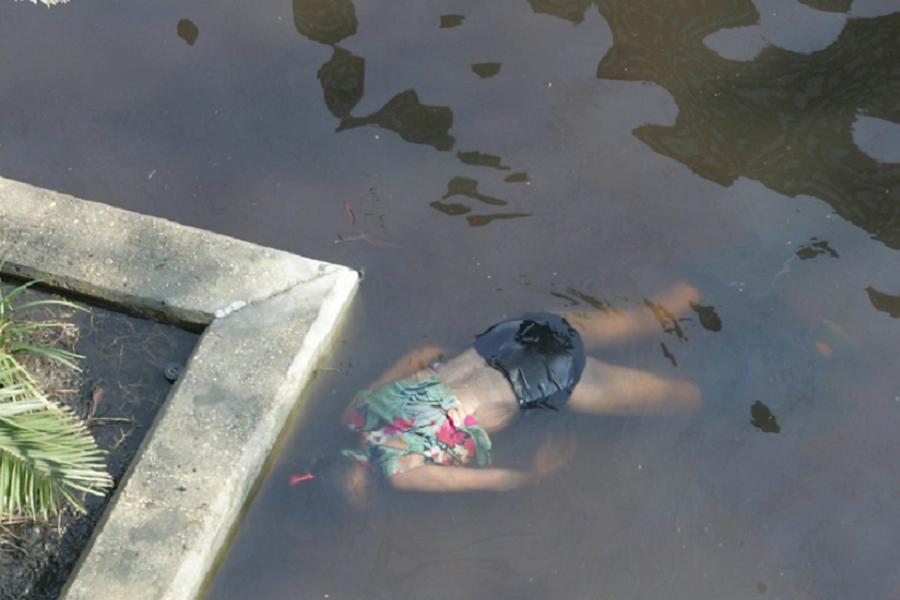What Happened In August 2005

Wikimedia Commons
On August 3, 2005, Mauritanian President Maaouya Ould Sid’Ahmed Taya traveled to Riyadh, Saudi Arabia to pay his respects to the recently deceased King Fahd. During his visit, officials in his government overthrew him.
Nine days later, a Tamil sniper fatally shot Sri Lanka’s foreign minister. That same day, August 12, rare tornadoes blew through both West Virginia and Long Island, causing scattered damage.
On the 16th, West Caribbean Airways Flight 708 crashed in Venezuela, killing all 160 people aboard. One week later, TANS Peru Flight 204 also crashed in Peru, killing 41 people.
On the last day of the month, August 31, Ang Lee’s Brokeback Mountain debuted at the Venice Film Festival, and 953 people died in a stampede on Iraq’s Al-Aaimmah bridge in Baghdad.
The bridge incident was, potentially, a major story with many angles. That day, a major religious procession of Iraqi Shiites, long suppressed by Saddam Hussein, turned out to visit a shrine. When nearly a million pilgrims had assembled near the closed-off bridge, a rumor started in the crowd that a certain man was a Sunni suicide bomber. The crowd bolted for the bridge and panic set in across the group. Pushing over the barriers, many people fell over the bridge railings and drowned in the Tigris River; others were trampled in the press.
As far as anybody could later work out, there was no suicide bomber. In fact, a Sunni teenager who was not part of the procession drowned trying to rescue Shiites from the river.
Any one of these angles – the freedom to worship finally restored, the panic of a crowd, the power of a rumor, or the heroism of the young Sunni who crossed religious lines for his fellow human beings – would have made a great story. But the headline writers were otherwise occupied at the time.
What Dominated The News

James Nielsen/AFP/Getty Images
What had everybody so occupied in August 2005 was the Category 5 hurricane that struck the Gulf Coast on the 28th. Hurricane Katrina was the third most intense storm ever to touch land, and it was one of the five worst natural disasters in American history. All told, Katrina inflicted $108 billion in property damage and took the lives of at least 1,245 people. It laid waste to the Gulf Coast, wrecked oil wells and refineries, flooded New Orleans, and commanded the attention of the entire American media for weeks.
Part of the reason that Katrina took over headlines, even while so much else was going on in the world, was that the storm did more than damage structures and industries; it devastated Americans’ notions of safety and security. Government failures before and after the hurricane revealed that, apparently, nobody in power knew what to do when a real crisis hit.
Immediately after the storm, while people were clustered on rooftops waiting for helicopters that weren’t coming, the government failed on every level. Local police officers commandeered boats, not to rescue survivors, but to chase looters.
State officials spent their time bickering over who had ordered what emergency measures when, rather than evacuating at-risk people. Federal authorities, including President Bush and Vice President Cheney, flew into the area, gave a few interviews, and then left. It came out that the head of FEMA had effectively no relevant experience in disaster management. Trent Lott, the powerful Senate majority leader, was denied coverage for his destroyed house. Money allocated for disaster relief was wasted through byzantine corruption mills.
There seemed to be no end of the waste, incompetence, and abuse. And all of that needed to be talked about, to the exclusion of many other stories that month.






